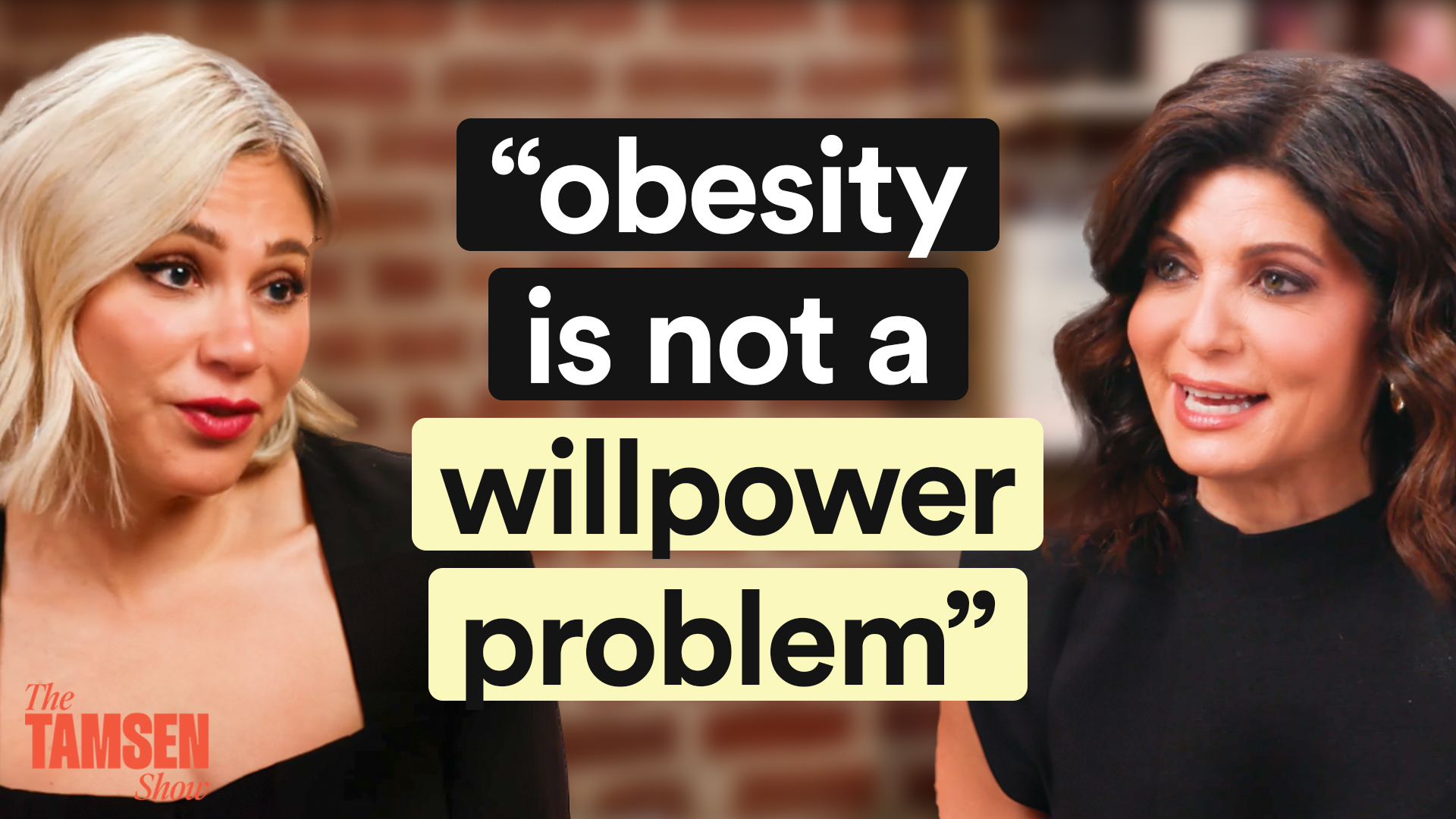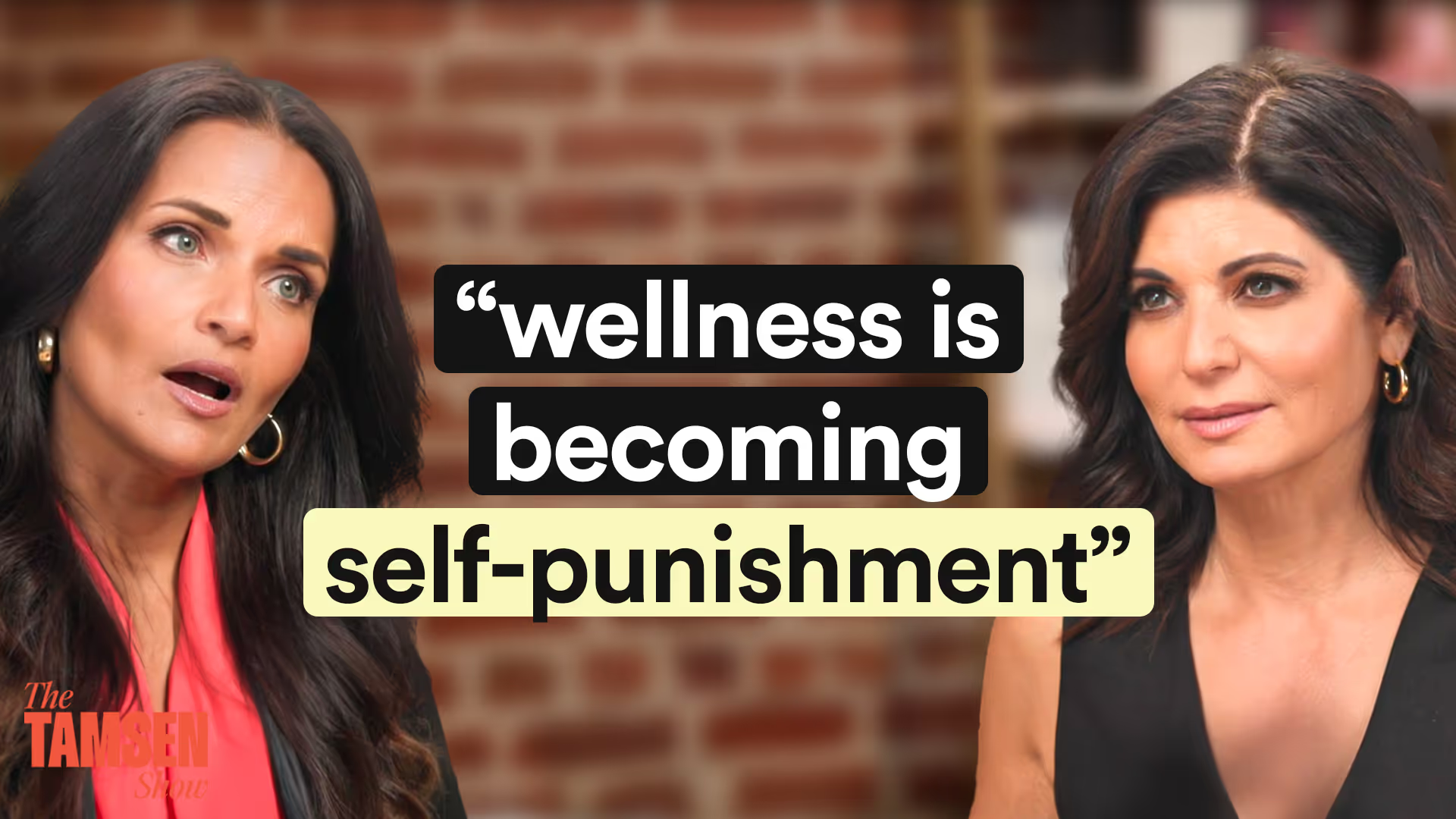A recent groundbreaking study led by Dr. Vonda J. Wright, published by the International Menopause Society, introduces a new concept in women's health: the "musculoskeletal syndrome of menopause." This term brings together a set of symptoms that many women experience during menopause, including joint pain, muscle aches, and decreased bone density.
The study highlights that approximately 70% of women experience these symptoms during menopause, and a concerning 25% could face disability due to these issues. This is a significant finding, as it emphasizes the serious impact menopause can have on women's health, far beyond the commonly discussed hot flashes and mood changes.
The role of estrogen
One of the key insights from the study is the role of estrogen, a powerful anti-inflammatory hormone, in maintaining the health of our bones, muscles, and joints. The reduction in estrogen levels during menopause can lead to several significant changes in our bodies:
- Increased Inflammation: Estrogen helps control inflammation, and its loss can lead to heightened inflammatory responses.
- Sarcopenia: This term refers to the loss of muscle mass, which can significantly affect strength and mobility, making daily activities more challenging.
- Decreased Muscle Repair: The study notes a reduction in satellite cell proliferation, which is crucial for muscle repair and regeneration.
- Osteoporosis: A decrease in bone density, which increases the risk of fractures.
- Arthritis: Increased joint pain and stiffness, which can significantly affect mobility and quality of life.
Preventative strategies and treatments
The study doesn't just highlight problems; it also offers hope and practical advice. It suggests several preventative strategies to help manage these symptoms:
- Proper Nutrition: A balanced diet rich in vitamin D and magnesium is crucial for maintaining bone health.
- Protein Intake: Essential for preserving muscle mass.
- Resistance Training: Regular exercise, especially weight-bearing exercises, can help maintain strength and bone density.
- Menopause Hormone Therapy (MHT): This treatment can be particularly beneficial, potentially reducing the risk of fractures and helping to manage other symptoms.
Dr. Wright's study is not just a call to action for women experiencing these symptoms but also for healthcare providers. The study emphasizes the importance of recognizing the musculoskeletal syndrome of menopause to better support patients and offer targeted treatments.






.jpg)
.jpg)







